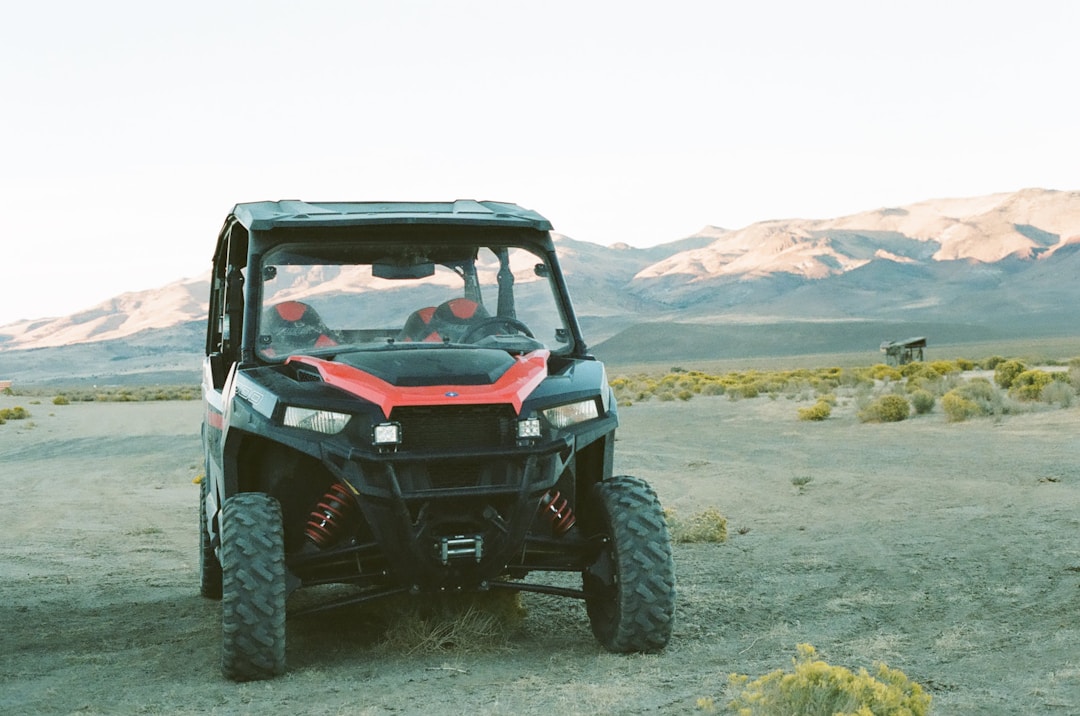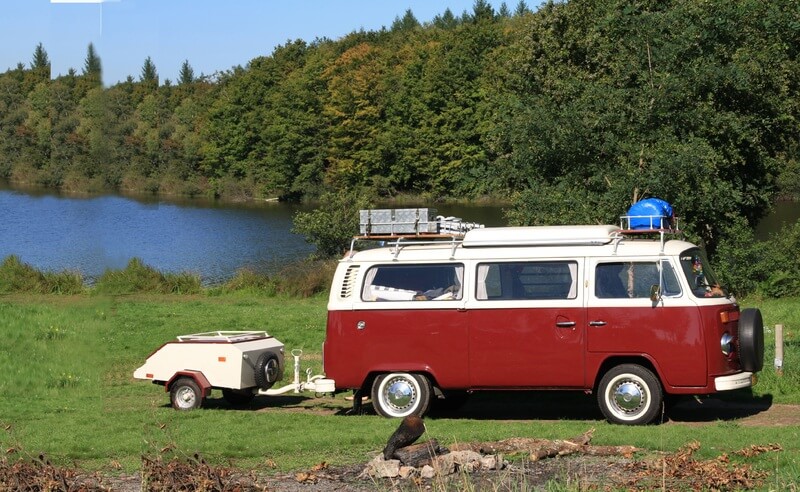Whether you prefer the rugged trails or the open waters, taking proper care of your recreational vehicles is paramount to ensuring their longevity and performance. From four-wheelers to jet skis, every vehicle requires regular maintenance and the occasional repair.
Understanding the nuances of land and water RV care will save you time and money, preventing the kinds of breakdowns that can ruin a weekend adventure. Below, we delve into the essential tips and tricks for preserving your recreational vehicles in top condition year-round. Keep reading to become a proactive vehicle owner and enjoy uninterrupted fun.
Essential Maintenance Practices for Land Recreational Vehicles
For land recreational vehicle enthusiasts, routine checks and maintenance are the keys to reliable performance. Regularly inspecting tires for wear and air pressure, changing the oil, and ensuring the brakes are in working order can stave off larger mechanical issues. It’s also crucial to check the battery, especially after extended periods of inactivity, to avoid being stranded with a vehicle that won’t start.
ATVs and side-by-sides, for instance, often require extra attention due to their off-road usage. This includes cleaning or replacing air filters to prevent engine damage from dust and debris. Moreover, inspect the undercarriage for damage and make sure all nuts and bolts are tightened, as the rigorous terrain can loosen critical components over time.
When it comes to enhancing your land RV, personalization can make your experiences more enjoyable. For example, Can-Am Maverick accessories have a range of options to improve both the utility and aesthetics of your vehicle. From protective gear to performance parts, choosing the right accessories will enhance your off-road adventures and also aid in maintaining the vehicle’s value.
Preserving Your Watercraft: Preventative Measures and Routine Care

Watercraft maintenance shares similarities with land vehicles but requires some additional considerations due to their aquatic environment. The exterior surfaces, continually exposed to water, demand thorough rinsing after each use to prevent corrosion and saltwater damage. This is an excellent opportunity to inspect the hull for cracks or other signs of wear that could lead to bigger issues.
Engine care is imperative as well. Flushing out the engine after outings, especially in saltwater, helps to remove any corrosive elements. Checking the oil level and quality, alongside changing it according to the manufacturer’s instructions, will keep the engine running smoothly. Don’t overlook the importance of maintaining the propeller, as dings and bends can reduce performance and fuel efficiency significantly.
To keep your watercraft ready for action, ensure the battery is charged and the electrical systems are free from rust or corrosion. In the case of personal watercraft or smaller boats, proper storage, like using boat covers, can keep them dry and protected from the elements. These covers are essential in preserving the appearance and preventing mildew and other water-related damages.
Seasonal Considerations for Land and Water RV Upkeep
With changing seasons come new challenges for recreational vehicle care. Winterizing is a well-known regime for those residing in colder climates – ensuring that your watercraft’s engine is free from water that could freeze and cause damage is non-negotiable. Adding fuel stabilizer and disconnecting the battery before storage will also help your watercraft start up smoothly when it’s back in season.
For land vehicles, winter preparation means checking antifreeze levels and the condition of the heating system. Tire treads should be inspected and replaced with snow-friendly versions if necessary. For those who use their land recreational vehicles in the winter, ensuring that these vehicles are equipped with the appropriate cold-weather accessories and lubricants is essential for performance and safety.
Optimizing Storage Solutions for Off-Season Protection

When your recreational vehicles are not in use, particularly during off-seasons, proper storage is vital to maintain their condition. For land vehicles, indoor storage is ideal, shielding them from extreme temperatures and weather conditions. If indoor storage is not possible, high-quality, breathable covers are the next best solution to protect against moisture and UV damage.
As for watercraft, dry storage is preferable to preserve the integrity of the hull and internal components. Using proper supports and trailers designed for your watercraft’s specification can prevent stress to the structure. If storing outside, ensure your chosen cover is robust and made to fit snugly to keep out pests and debris.
The location of your storage also matters. Selecting a secure, level area away from trees and potential flooding will protect your RVs from environmental risks. Furthermore, it’s wise to elevate land vehicles on blocks or stands to relieve pressure on tires and suspension systems.
Overall, the proper maintenance of your recreational vehicles is central to enjoying them to the fullest. By attending to routine upkeep, addressing timely repairs, and implementing strategic storage methods, you can ensure your land and water vehicles will continue to provide joy and excitement for years to come.
